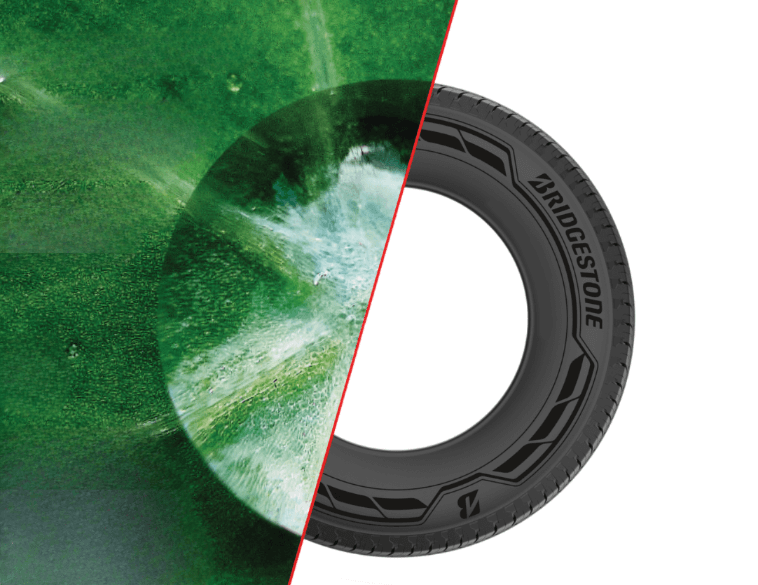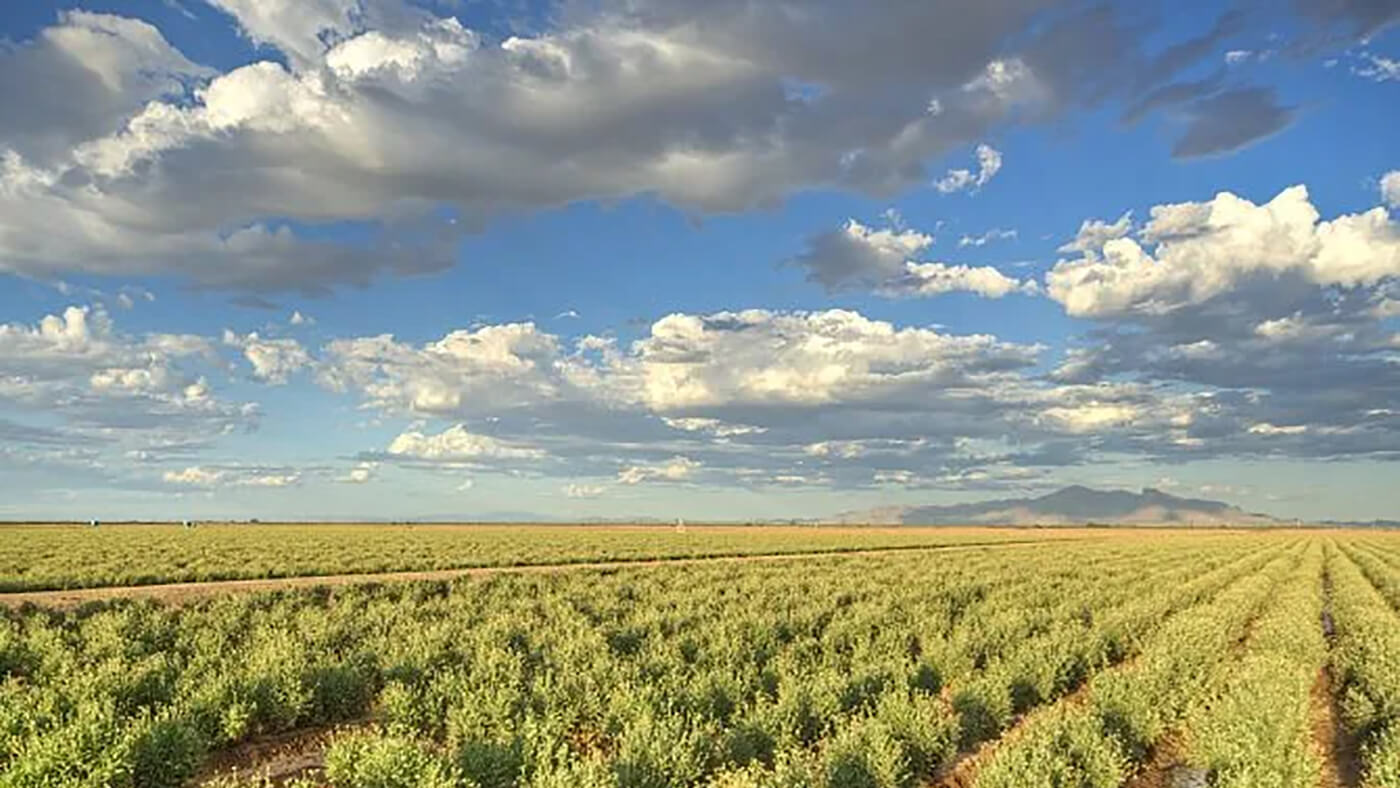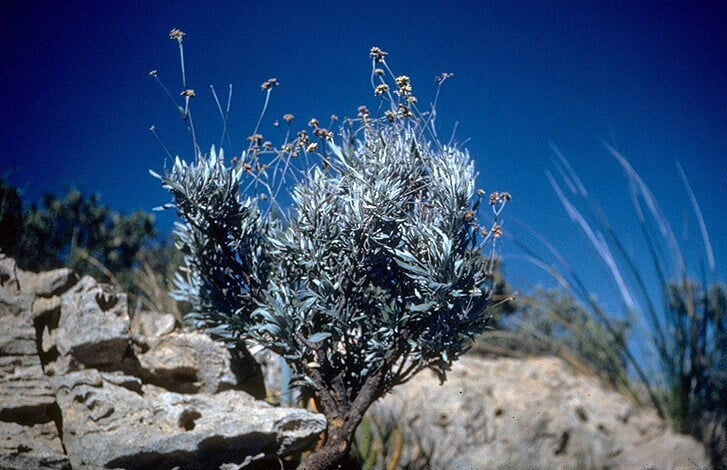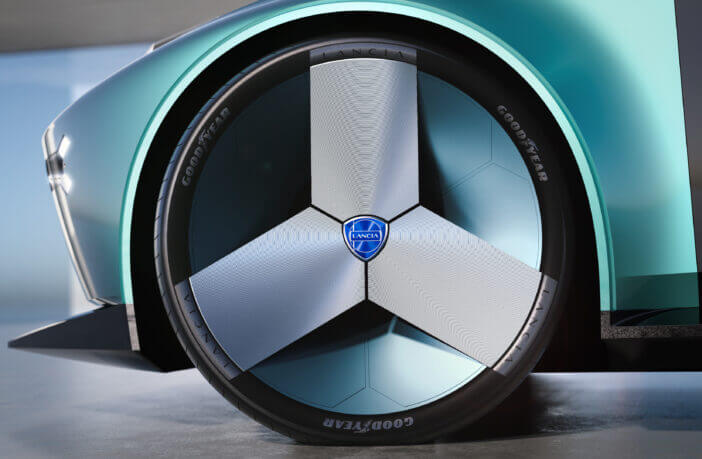The number in the title may seem almost... laughable. Only 200 tires when the company produces an astronomical number every year? How does this deserve an "already"? Well, it's because these 200 demonstration tires are the real first step towards the large-scale replacement of the infamous rubber tree. We've been talking about this guayule shrub for a long time on this blog, but this time it's for real! The latex of the small genetically modified tree has finally been put to work after a decade and 100 million dollars. What about the result?
75% renewable materials
The advantages of natural rubber made from guayule are numerous when compared to the rather demanding tropical rubber tree. Unlike the conventional rubber tree, the desert bush does not require much water, fertilizer or pesticides. To give you an idea, Bridgestone grows its own in the heat of Arizona!
Here, natural resin has been combined with many other materials, 75% of which are recycled or from renewable sources. These include components made from plastic bottles, recycled steel and recycled carbon black. Even the choice of manufacturing location was not left to chance. The tires were produced at the Aiken, South Carolina, plant, "the first to achieve International Sustainability and Carbon Certification's PLUS certification for transparency and traceability of sustainable raw materials," according to Bridgestone.
One piece of a big puzzle
All of this is impressive enough, but the product is still a long way from the commercial-scale production line. It must be said that the company is thinking big, planning to use 100% sustainable materials by 2050 in addition to achieving carbon neutrality. Bridgestone still has a lot of work to do before they reach even a fraction of their goal. The company is still aiming for improvement, however, having announced last February the start of a tire design using 90% recycled and renewable materials.
If it's still unclear when guayule rubber will officially hit the market, it's even less certain for these tires, whose prototype hasn't even been unveiled. However, we can imagine that the whole Bridgestone range will benefit from these technological advances. Thus, we will undoubtedly be able to enjoy the advantages of the manufacturer's popular lines, such as the Driveguard or Turanza tires, but with more durability than before!





